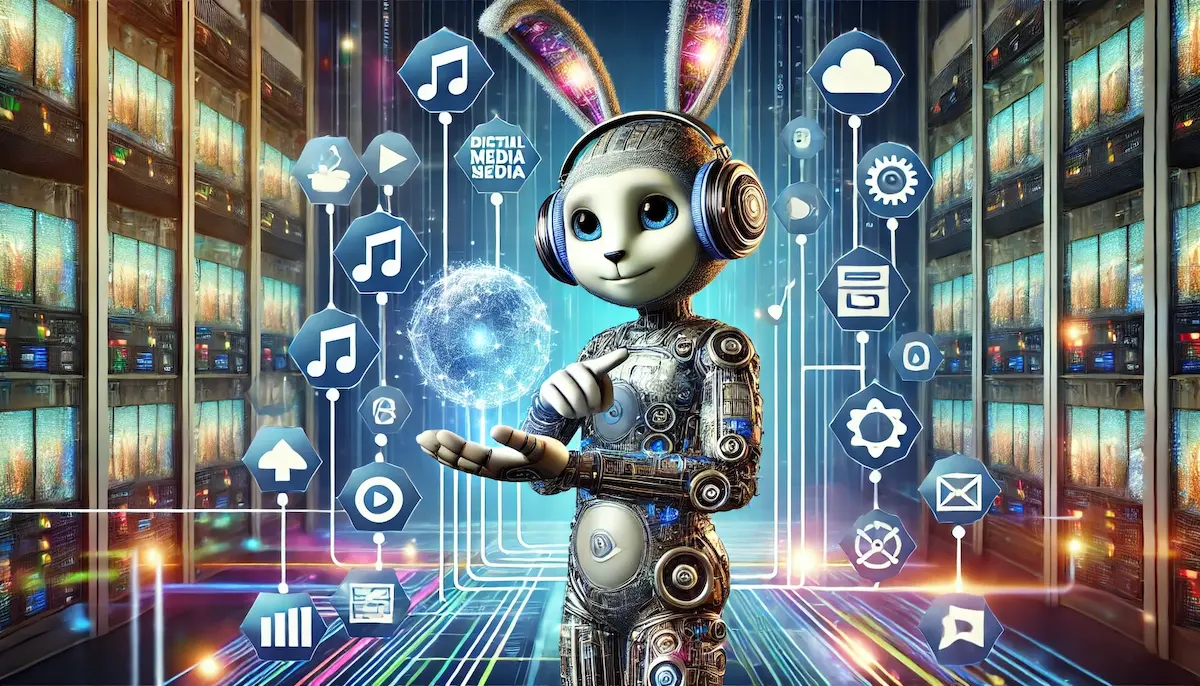Digital media services have revolutionized how we consume, create, and distribute content. From streaming platforms to digital publishing, these services offer unprecedented access to information, entertainment, and communication tools. Understanding digital media services is essential in today’s digital-centric world.
Understanding Digital Media Services
Digital media services encompass a wide range of platforms and technologies that distribute digital content over the internet. This includes video streaming services, digital music platforms, online news sites, e-books, podcasts, and social media networks. These services provide users with on-demand access to a vast array of content from any device connected to the internet.
The Importance of Digital Media Services
Digital media services play a crucial role in modern life for several reasons:
- Accessibility: They make content easily accessible to a global audience, breaking down geographical barriers and democratizing information.
- Convenience: Users can access content anytime, anywhere, using various devices like smartphones, tablets, laptops, and smart TVs.
- Personalization: Advanced algorithms allow digital media services to offer personalized content recommendations based on user preferences and behaviors.
- Interactivity: Many digital media platforms enable user interaction, allowing for comments, likes, shares, and direct engagement with content creators.
Key Components of Digital Media Services
- Video Streaming Services: Platforms like Netflix, Hulu, and YouTube offer on-demand video content, including movies, TV shows, live broadcasts, and user-generated videos.
- Music Streaming Services: Services such as Spotify, Apple Music, and Pandora provide access to vast libraries of music, curated playlists, and personalized recommendations.
- Digital News and Publishing: Online newspapers, magazines, and blogs deliver news and information in real-time, often featuring multimedia elements like videos and interactive graphics.
- E-Books and Audiobooks: Platforms like Kindle, Audible, and Google Books offer digital books and audiobooks, making reading and listening convenient and portable.
- Podcasts: Podcast platforms like Apple Podcasts, Spotify, and Stitcher allow users to stream and download audio episodes on a wide range of topics.
- Social Media Networks: Sites like Facebook, Twitter, Instagram, and TikTok enable users to share content, connect with others, and engage in online communities.
Challenges in Digital Media Services
Despite their widespread adoption, digital media services face several challenges:
- Content Moderation: Ensuring that content adheres to community guidelines and legal standards while balancing freedom of expression can be challenging.
- Piracy and Copyright: Protecting digital content from unauthorized distribution and copyright infringement remains a significant issue.
- Monetization: Developing sustainable revenue models, such as subscription services, advertising, and pay-per-view, is critical for content creators and platforms.
- Data Privacy: Protecting user data and ensuring privacy in the face of increasing cyber threats and regulatory requirements is paramount.
Best Practices for Effective Digital Media Services
- Enhance User Experience: Focus on creating a seamless, user-friendly experience with intuitive navigation, fast loading times, and high-quality content.
- Personalize Content: Utilize data analytics and machine learning to offer personalized content recommendations that cater to individual user preferences.
- Ensure Content Security: Implement robust security measures to protect digital content from piracy and unauthorized access.
- Optimize for Mobile: Ensure that digital media services are optimized for mobile devices, as a significant portion of content consumption occurs on smartphones and tablets.
- Engage with Audiences: Foster user engagement through interactive features, social sharing, and direct communication with content creators.
- Adhere to Legal Standards: Ensure compliance with copyright laws, data protection regulations, and content moderation policies to maintain credibility and avoid legal issues.
In conclusion, digital media services are a cornerstone of modern content consumption, providing unparalleled access and convenience. By addressing challenges and following best practices, these services can continue to thrive and evolve, offering valuable experiences to users worldwide.
Blockfine thanks you for reading and hopes you found this article helpful.
